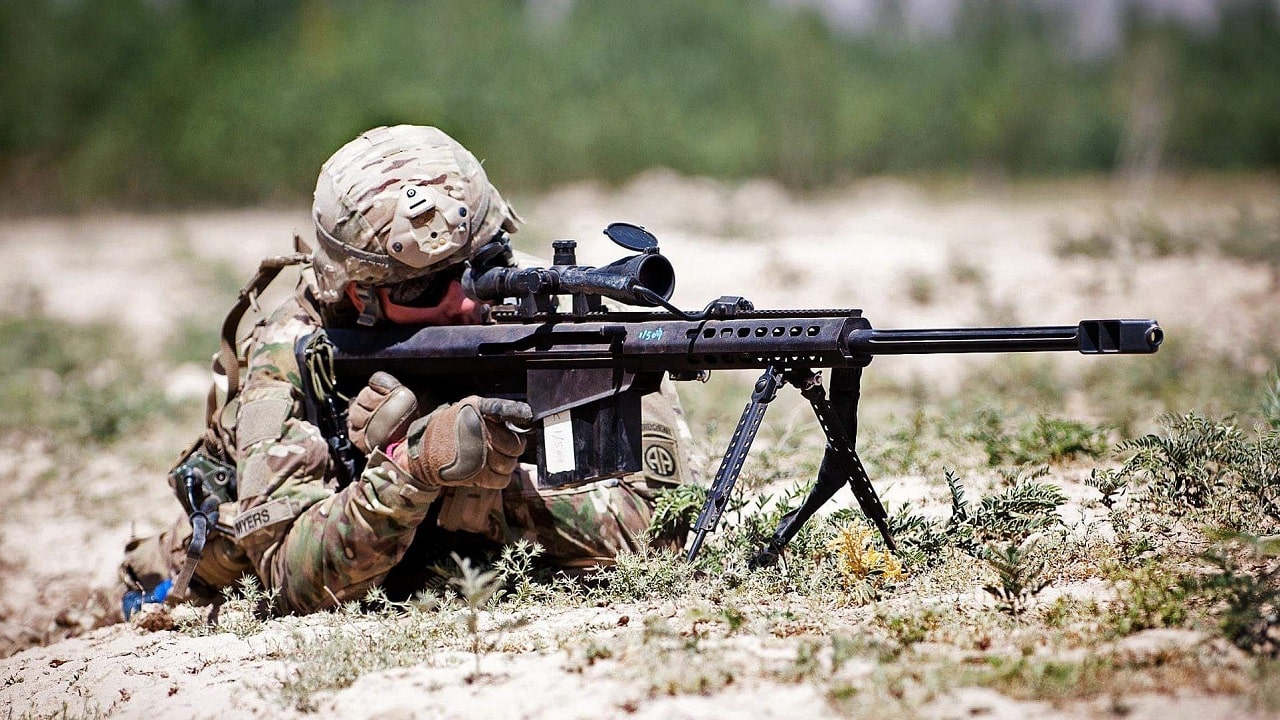Russia has not yet invaded Ukraine despite dire predictions. “I can assure you that there will be no attack this Wednesday,” Russia’s European Union Ambassador Vladimir Chizhov told Die Welt.
After pushing to the brink of war, the Kremlin now pivots to a more conciliatory posture. “I believe that our possibilities are far from exhausted,” Russia’s Foreign Affairs Minister Sergey Lavrov said, referring to negotiations with the West. “I would propose continuing and intensifying them.”
Russia’s Defense Minister Sergei Shoigu, meanwhile, told Russian President Vladimir Putin that some of Russia’s military ended and others will end soon.
Russia Has Played the Withdrawl Card Before: Study Syria
While there is cautious optimism in the West that Russia has, indeed, begun a withdrawal, it is misplaced.
We’ve seen this movie before. In March 2016, Putin announced a partial withdrawal of the “main part” of Russian armed forces from Syria, less than a year after Russia intervened in the country to prop up Syrian President Bashar al-Assad’s faltering regime. When Putin announced the first “withdrawal,” The New York Times cited American officials saying that Putin “had reached a turning point in his campaign, where the costs, domestically and internationally, of staying engaged outweighed the advantages.”
In 2016, Assistant Secretary of State Philip Gordon seemed to take Russia’s announcement of a withdrawal from Syria at face value. He trusted but did not verify. No real withdrawal took place. The next year, Putin announced another faux withdrawal from Syria only to further entrench Russia’s position in the country. Ironically, Putin now uses the enhanced Russian naval and air bases in Syria to pressure Ukraine.
For Russia, a fake announcement of withdrawals work. After the 1979 Soviet invasion of Afghanistan, the Kremlin periodically announced “withdrawals” to confuse diplomacy and obfuscate its intentions. On the eve of a December 1987 summit between President Ronald Reagan and Soviet Premier Mikhail Gorbachev, the Wall Street Journal asked, “How many times can the Soviets announce their withdrawal from Afghanistan without actually leaving?”
Unlike in the West, in Russia, there is no disconnect between diplomats and military practitioners. This is the context through which policymakers should look at Russia’s latest moves in Ukraine. War is ongoing across multiple domains. Russia’s Chief of General Staff Valeriy Gerasimov emphasizes a four to one ratio of military to non-military means, where the entirety of diplomatic, informational, military, and economic activities support the Russian state’s political objectives. Moscow employs a “whole of government” approach, something that ironically, the West has not matched.
The Biden administration is correct to take Russian promises to pull back from the brink with a grain of salt and to highlight that there are no signs of real de-escalation on the ground. The fact of the matter is, Moscow’s latest diplomatic and military moves could be another deception. Putin and Lavrov could set the stage by signaling de-escalation and demonstrating a desire to ease tensions, only to concoct a trigger event to validate an incursion. Putin may have already approached a point of no return, where he cannot walk away empty-handed from Ukraine, and since the West rightly will not meet his extreme demands, he will have little choice but to act. Or perhaps there is still time for him to pull back—temporarily. Putin, however, shows no signs of giving up his ultimate goal of playing out the Cold War with an alternate ending and undermining Ukraine’s sovereignty.
Either way, this crisis will not end with an announcement of a withdrawal and a feint toward diplomacy.
Dr. Anna Borshchevskaya is a senior fellow at The Washington Institute, focusing on Russia’s policy toward the Middle East. In addition, she is a contributor to Oxford Analytica and a fellow at the European Foundation for Democracy. She was previously with the Atlantic Council and the Peterson Institute for International Economics. A former analyst for a U.S. military contractor in Afghanistan, she has also served as communications director at the American Islamic Congress. Her analysis is published widely in publications such as Foreign Affairs, The Hill, The New Criterion, and the Middle East Quarterly. She is the author of the 2021 book, Putin’s War in Syria: Russian Foreign Policy and the Price of America’s Absence (I.B. Tauris, an imprint of Bloomsbury Publishing). Until recently, she conducted translation and analysis for the U.S. Army’s Foreign Military Studies Office and its flagship publication, Operational Environment Watch, and wrote a foreign affairs column for Forbes. She is the author of the February 2016 Institute monograph, Russia in the Middle East. She holds a doctorate from George Mason University.

